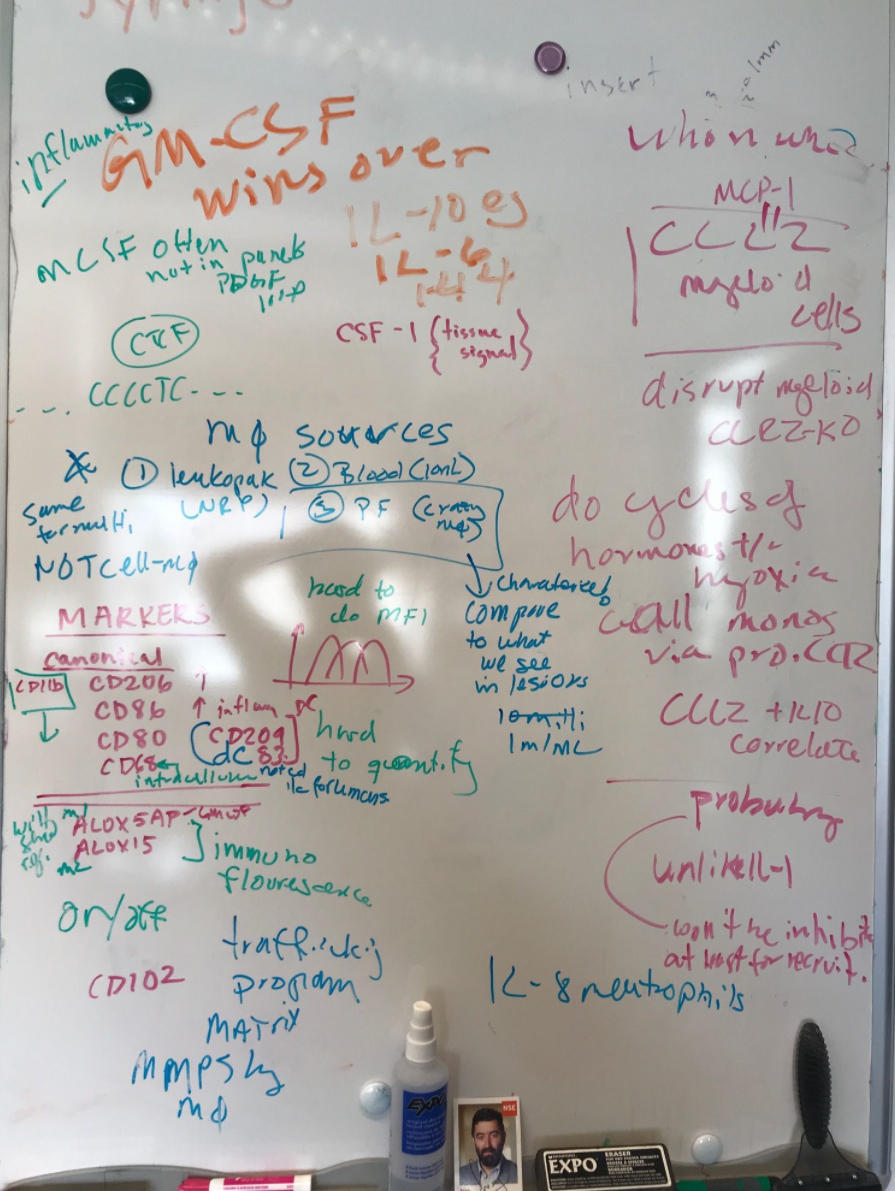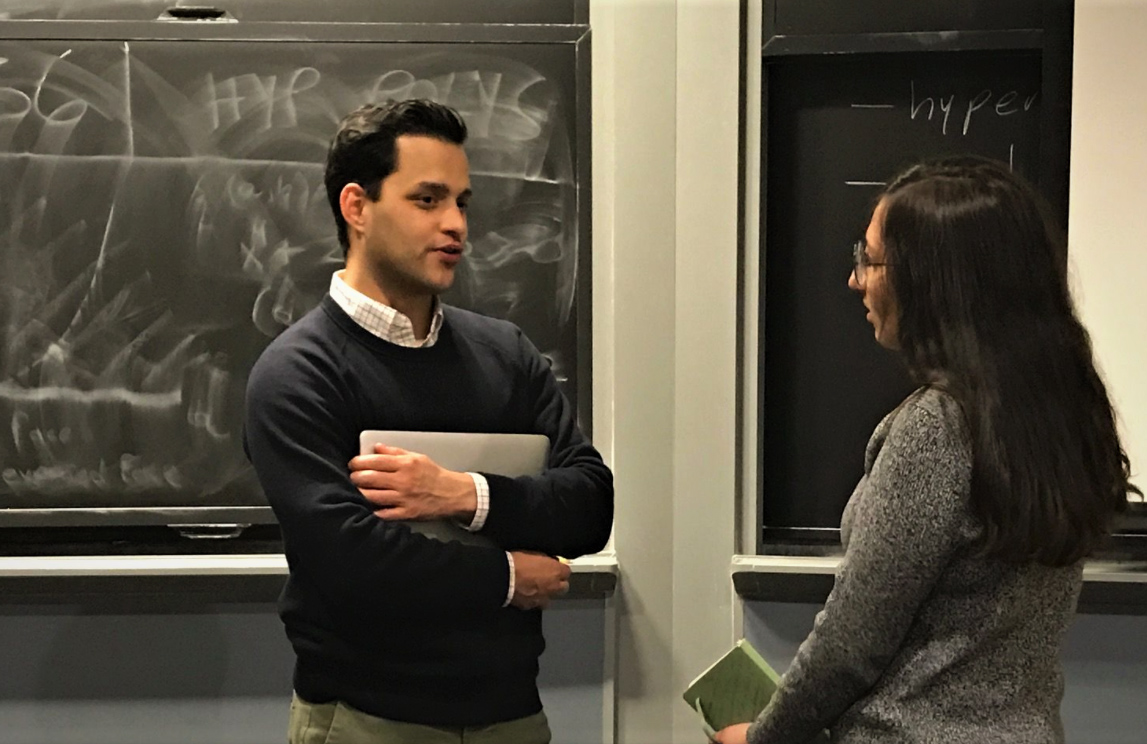“The very best part of being a professor at MIT is the teaching,” said Linda Griffith, Teaching Innovation Professor of Biological and Mechanical Engineering at MIT, where she directs the Center for Gynepathology Research (CGR). Griffith’s passion for teaching was recognized in 1999 with the Class of 1960 Innovation in Education Award, in 2006 with the School of Engineering Teaching Innovation Chair, and in 2013 when she was named a MacVicar Faculty Fellow based on outstanding undergraduate teaching, mentoring, and educational innovation at MIT. She led development of MIT’s now-popular undergraduate major in Biological Engineering, called “Course 20,” which launched in 2005 as MIT’s first new undergraduate major in almost 40 years.
“The special sauce of MIT is an ethos among the top research scientists that if you really learn something important and enduring, you want to teach it to undergraduates – it becomes part of the canon,” Griffith explained.
This ethos has fostered development of many now-recognizable established engineering disciplines, like Chemical Engineering, which started at MIT in the early 1900’s. Biological Engineering is a new discipline created at MIT, arising from the need to translate the discoveries in modern molecular life science into practice through engineering analysis, design, and synthesis.
“I was tenured in Chemical Engineering, but was motivated to lead creation of the foundational curriculum for the new Biological Engineering discipline in part through a vision that engineering could help unravel the molecular causes of endometriosis,” Griffith continued. “This vision was shared by many MIT colleagues – including our pioneering first Biological Engineering Department Head, Doug Lauffenburger, who has been a collaborator in endometriosis research since the founding of CGR.”
Griffith shared a story of how teaching also enhances research at the institution. “You can never underestimate the importance of teaching,” she began. “When we originally established a new major in biological engineering, we needed a thermodynamics class. I ended up developing it, and we taught the class jointly with the Chemistry department for a while,” she said.
“This teaching collaboration with Chemistry led to the launch of several successful research projects,” Griffith explained. One of these projects, launched in collaboration with MIT Chemistry Professor Moungi Bawendi and other colleagues from the MIT Koch Institute, resulted in a spin-out company now doing clinical trials on how to improve detection of tumor cells remaining at the margins of tissues during breast cancer lumpectomy surgery.
UROP Program Students Lead CGR Projects
MIT has long fostered a deep and substantial involvement of undergraduate students in research, through the Undergraduate Research Opportunities Program (UROP), started in 1969 by Margaret MacVicar. The New Horizon fund arose from a special gift from John and Karine Begg to support the research of students involved in women’s reproductive health, and endometriosis.
Each term, a few UROP students are paired with CGR faculty, graduate students, and postdocs to participate in both basic and translational research. Nineteen UROP students participated in nearly 30 projects from 2010 through 2020, contributing to papers and conference presentations, and gaining professional experience in clinical translational medicine. Snapshots of their projects are highlighted here.
NEET Living Machines
Endometriosis and adenomyosis are prominently featured in a project-based learning program led by Prof. Linda Griffith, as part of MIT’s New Engineering Education Transformation (NEET) program. Launched in 2017, NEET fosters interdisciplinary team-based learning with hands-on projects that span sophomore to senior year. They feature deep immersion into challenging engineering problems. One of NEET’s two inaugural “threads” (application areas), called Living Machines, is partially supported by Bloomberg Foundation funds from the Endometriosis Foundation of America.
Translational Gynecology Seminar Series
MIT undergraduates who are enthusiastic about participating in CGR research and want to participate in CGR lab meetings to gain clinical exposure typically need some background preparation in the basics of gynecology and endometriosis. The CGR therefore has launched a “Translational Gynecology” seminar series that is open to the MIT community, with speakers from various clinical perspectives as well as speakers from industry who make surgical, diagnostic, or therapeutic tools.
Teaching is Critical in the Surgical Community, Too!
Dr. Keith Isaacson, the clinical co-director of the CGR, is also a dedicated teacher and mentor for young surgeons and established clinicians who need to learn new skills, teaching master classes around the world and telecasting live surgeries. His service in leadership of the American Association for Gynecologic Laparoscopy (AAGL) as a board member (2001-2011), president (2012) and president of the AAGL Surgery Fellows program (2013) included a strong emphasis on training of young surgeons. He has mentored young American Association of Gynecologic Laparoscopists (AAGL) surgery fellows at Newton-Wellesley Hospital NWH since 2004 (see profiles of alumni and current fellows here) and led the gynecology surgery residents training program for Mass General Brigham since 1989.









